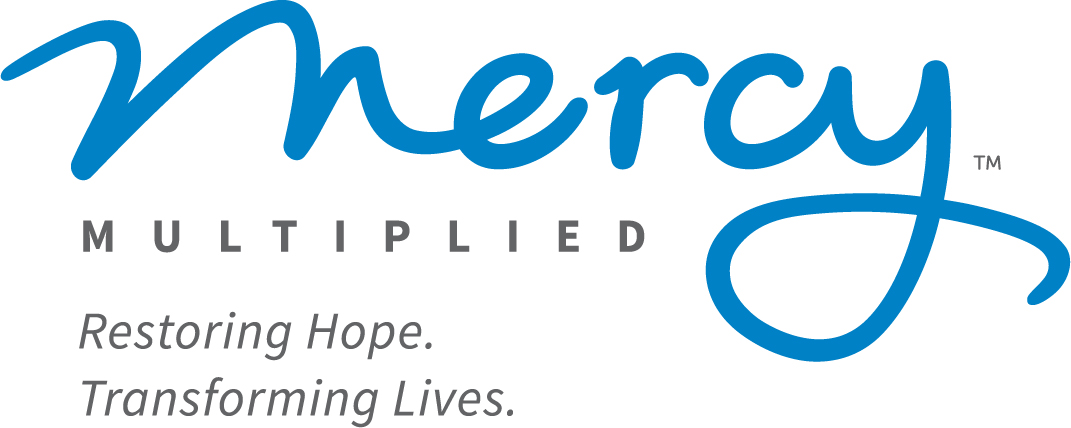When asked “Did Mercy help you transform your life and restore your hope?”
- 93 percent of all the respondents answered “YES”.
Status before Mercy: Respondents rated themselves an average of 2.1 on the following scale when asked how well-adjusted to life they thought they were before coming to Mercy.
Scale:
5= Very well adjusted to life
4= Well adjusted to life
3= Somewhat well adjusted to life
2= Poorly adjusted to life
1= Not at all adjusted to life; require institutionalization
- Status after Mercy: Respondents rated themselves an average of 4.1 on the same scale when asked how well-adjusted to life they currently were.
- This significant improvement in response (from 2.1 to 4.1) along with the average time out of the program being 4.1 years signals a transformation of young women’s lives that is both robust and long-lasting.
- The overall positive impact of the Mercy Program was independent of the year in which a young woman entered the program. This suggests that the Mercy Program has been well established over time and should be sustainable.
- Furthermore, the results were independent of the home location in which a young woman resided during her time at Mercy. This suggests that the effects of the Mercy Program are transferable to multiple locations and thus can be a legitimate basis for expansion.
- 85 percent of all our residents have been in previous treatment centers or programs without lasting results. (Note: Often, financial resources run out before they can finish the program, insurance benefits run out, or the young women lack access to the right programs for their issues.)
NOTE: Full study results analysis available upon request. Email info@mercymultiplied.com and request former resident study results.
